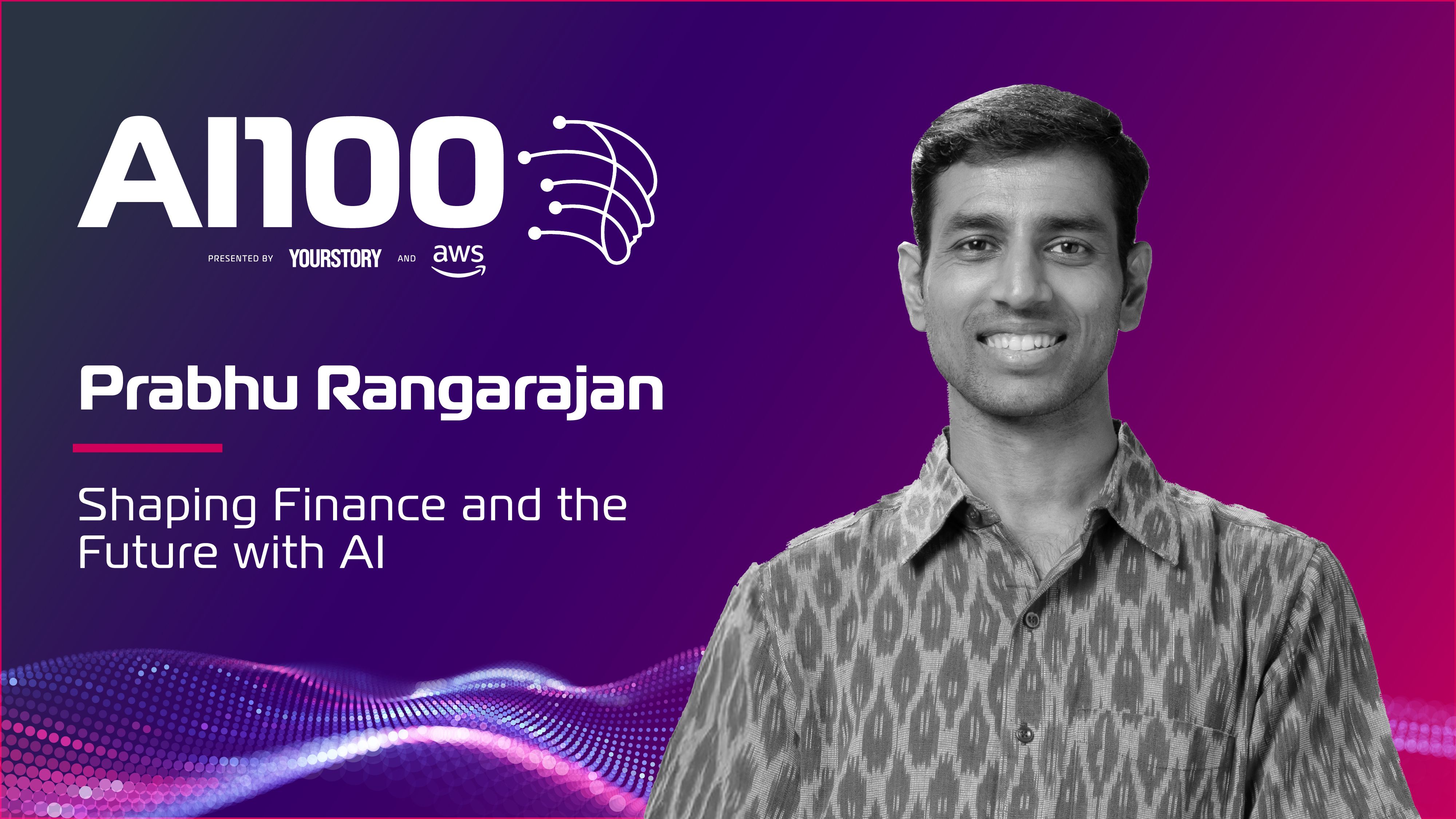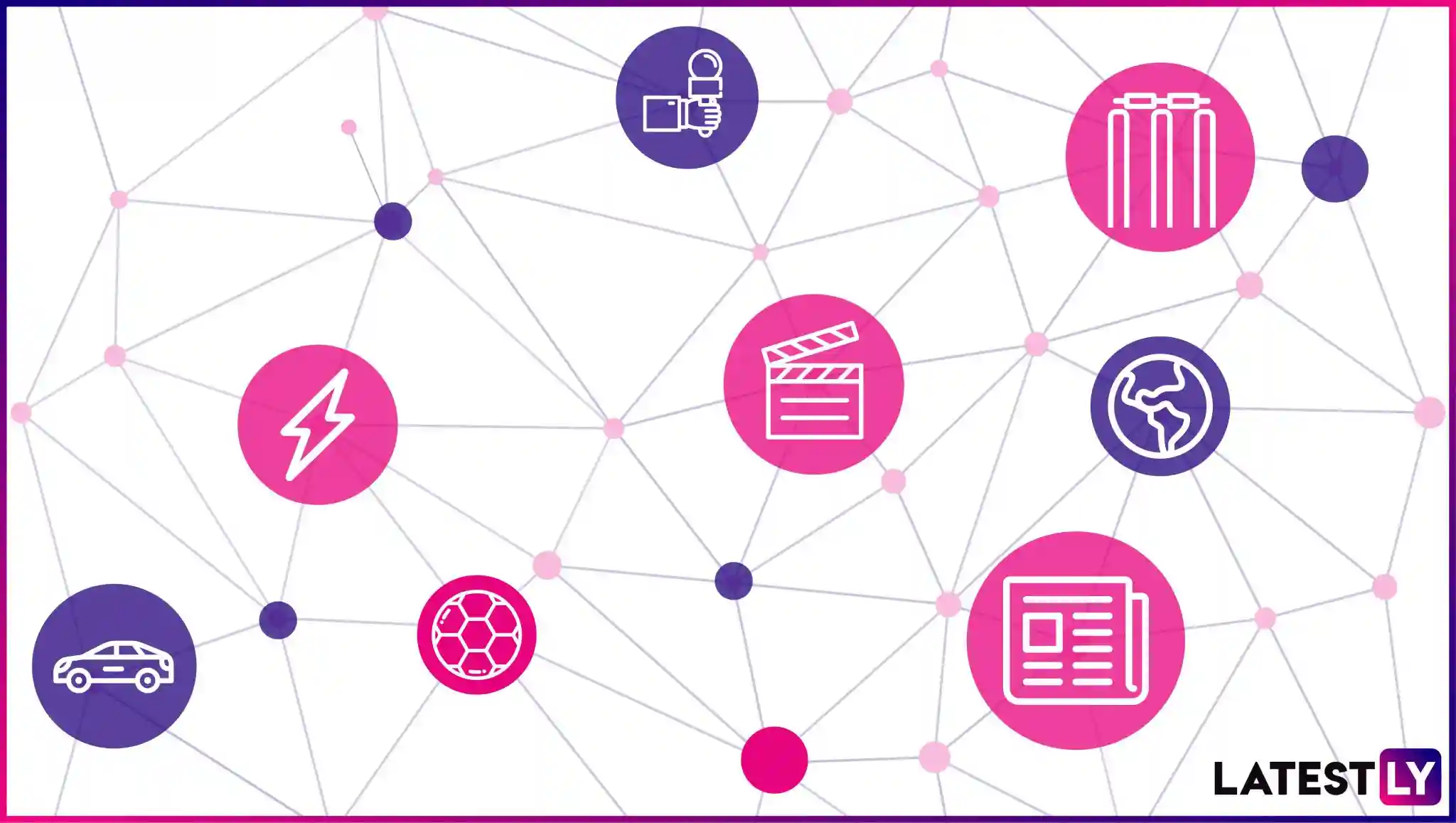By Kaveri Chandrashekar
Copyright yourstory

When M2P Fintech began its journey in late 2014, the word ‘FinTech’ was still unfamiliar to most. Banking technology and software existed, but the thriving ecosystem we know today was just starting to take shape. For Prabhu Rangarajan, co-founder of M2P, the seeds of this journey had been sown nearly a decade earlier during his master’s in Information Technology at Madras University.
In 2005, an elective on artificial neural networks introduced him to the idea that machines could mimic human intelligence. Guided by his professor, Prabhu experimented with how neural networks could detect patterns and act on them. His project imagined a ‘smart traffic signal’ that could respond in real time to vehicle flow—long before AI was a buzzword. That curiosity for building intelligent systems never left him. Years later, it would fuel M2P’s mission: blending deep technology with financial services to power some of the most innovative products in the digital economy.
How M2P’s Founders Found Their AI Calling
When M2P was founded, India was poised on the edge of a digital revolution. The JAM trinity (Jan Dhan–Aadhaar–Mobile), the launch of UPI, and Reliance Jio’s democratization of internet access were rewriting the rules of financial services. Suddenly, banks were eager to listen, and regulators were accelerating digital adoption.
In 2017, the Reserve Bank of India launched Bharat QR, a standardized QR code usable across apps and devices. For M2P’s founders, this sparked a big question: if standardization could transform payments between banks, why not standardize processes within banks too?
By 2017–18, the team—still just 15–20 people—started building a data practice aimed at unifying scattered data across banking systems. Until then, banking decisions were largely human-driven. Now the focus was on building systems capable of generating intelligence and insights at scale.
The ambition demanded talent. In 2019, M2P raised funds to hire experts who could lead this next phase. By 2020, just as the pandemic reshaped the world, M2P had assembled a small but impactful data science team of PhDs and specialists, many of them returning from overseas. This ‘reverse brain drain’ was proof that innovation didn’t have to stay in Bay Area—it could thrive in Bengaluru and Chennai too.
With the right team, M2P’s AI-led approach began taking shape. What started as an idea to unify data became a mission: embedding intelligence into the very backbone of financial infrastructure.
Recon360: An AI-native Breakthrough
Every time a customer taps a card at a McDonald’s counter, a chain of complex events begins. If the customer’s bank is HDFC and McDonald’s merchant bank is ICICI, the transaction requires reconciliation between the two institutions. Traditionally, this involved massive operational effort. At large banks, tech teams might number 5,000, but operations teams could exceed 20,000—just to manage reconciliation.
When M2P began scaling, it faced the same challenge. Its 40–50 member operations team couldn’t possibly expand at the same rate as transaction volumes. “How do we avoid becoming a 1,000-member ops team when we grow 100x?” Prabhu recalls. The answer became Recon360, M2P’s AI-native reconciliation platform.
Recon360 integrates multiple systems, runs one-way, two-way, or even N-way reconciliations, and presents accountants with results ready for verification. Initially, the team fed in rules and patterns, effectively training a machine learning model. Over time, Recon360 learned to flag mismatches, suggest fixes, and escalate only critical cases for human review.
After six years of iteration, Recon360 now automates nearly 96% of reconciliation tasks, leaving only sensitive cases for humans. This ‘human-in-the-loop’ model balances automation with trust, critical in finance where even a small error can erode confidence.
The results speak for themselves: despite exponential growth, the M2P’s operations team has never crossed 100 people. Recon360 has become both an internal efficiency engine and an industry showcase of how AI can solve fundamental financial challenges.
Cracking the AI Indian market
M2P’s AI journey wasn’t without hurdles. First was cost—experimentation in a cost-sensitive market like India came with a hefty price. M2P was able to secure financing, unlike many other companies in the field. Second was knowledge—back in 2018–19, most technologists confused Business Rules Engine systems with AI, and real expertise & knowledge was scarce outside the West. Finally, there was context—solutions built for global markets couldn’t be copy-pasted into India.
For Prabhu, these challenges only sharpened the mission: democratizing AI by making it affordable, accessible, and tailored to India’s realities. “How do you make AI democratized? That’s going to be my personal goal for the next 10 years,” he says.
AI: The New Electricity
AI isn’t just another technology shift, it’s as fundamental as electricity. “I think three or four years later, you may quote me, instead of a Product Manager, will have an Agent Manager as a job title, instead of a Programmer, you will have a Prompter. These changes are going to happen, right? So, AI is like electricity. It has fundamentally changed the way we have looked at every industry”, says Prabhu.
He cited real-world innovations to illustrate AI’s impact. For instance, the problem of water. While the world debates peak oil, Prabhu pointed out that we are close to peak potable water. Startups like Uravu Labs are tackling this challenge by extracting water from thin air. It’s a machine, resembling an air cooler, produces drinkable water. But the real magic lies in AI: before deployment, an AI-driven system maps moisture density in the air, identifying the most optimal locations. What would take humans days or weeks is achieved instantly—proof, Prabhu says, that AI is helping us build a better world.
Looking ahead, Prabhu envisions space as the next frontier powered by artificial intelligence. He believes that if AI were tasked with building the International Space Station today, it could likely accomplish the feat in just a few years—compared to the 17 years it took humans. With Earth’s finite resources under increasing strain, AI may become humanity’s most valuable ally in solving complex challenges.
Inspiration and Innovation: Prabhu’s Journey with AWS
Interestingly, Prabhu’s entrepreneurial spark was ignited not in fintech but in cloud computing. Early in his career at a large enterprise, he led the transformation of 45 data centers into a private cloud. That experience made him question why established enterprises, with all their industry expertise, couldn’t create something like AWS when it was still in its early stage. A few years later, AWS emerged as the world’s most adopted cloud platform—an inflection point that gave him the conviction to quit his job and launch his own venture.
Now years later, AWS continues to be a source of inspiration for the founders. In the early days, the team relied on AWS’s Singapore region until Mumbai went live in 2016–17. Free-tier pricing allowed them to experiment. “The core team at M2P, founded in 2017–18, started programming with AWS as a default. I can’t count the number of lambda instances we have. When Bedrock was launched, it offered tremendous support to the data science team, allowing them to test, iterate, and repeat without incurring massive costs” he says.
For Prabhu, AWS represents more than innovation for itself—it fosters innovators across industries. Within this ecosystem, M2P has built a robust financial infrastructure layer designed to fuel the digital economy and enable businesses to innovate at scale. Today, nearly 75% of M2P’s innovation runs on AWS, underscoring this deep integration.
Beyond Work: Learning, Temples, and Table Tennis
For Prabhu, learning comes as much from people as from books. He and his leadership team make it a point to meet at least two or three new founders every week—young entrepreneurs bringing fresh energy and ideas. Reading physical books, attending events across Tamil Nadu, and hiring people ‘smarter than us’ are part of his growth philosophy.
Outside of work, he spends weekends visiting temples with his wife, a teacher. Sports like table tennis and badminton help him unwind, while coffee chats with founders and quarterly travel to new places keep him refreshed.



